2022 vs 2021 Top Fastest UK Mobile and Home Broadband ISPs

As another year passes, ISPreview.co.uk has taken a look back over the past 12 months to see how the average UK broadband download and upload speeds have changed across the fastest nationally available fixed line ISPs, mobile operators and Starlink (satellite provider). Suffice to say, there’s been a huge performance jump between 2021 and 2022.
The following results are inevitably impacted by a number of factors, such as the rising coverage of faster networks (e.g. full fibre and 5G) and the associated level of take-up by consumers. In that sense, it helps to understand any key changes in network deployments since the start of the year, and there have been a few. We’ve used Ofcom’s latest coverage data – as recorded in September each year – to help illustrate this change.
| Fixed Connection | 2022 Coverage (2021) | 2022 Take-up (2021) |
| % Under 10Mbps (USO) | 2% (2%) | no data |
| Superfast (30Mbps+) | 97% (96%) | 73% (69%) |
| Gigabit-capable (any speed) | 70% (47%) | 38% (no data) |
| Full Fibre (FTTP) | 42% (28%) | 25% (24%) |
The main changes for fixed connections in the past year has stemmed from both the completion of Virgin Media’s (VMO2) DOCSIS 3.1 network upgrade to cope with gigabit speeds (here), and the increasingly rapid rollout of Fibre-to-the-Premises (FTTP) lines by more than 100 operators (Summary of Full Fibre Build Progress) – particularly Openreach’s £15bn plan to reach 25 million UK premises by December 2026 (here).
Most of the gigabit-capable and FTTP broadband builds are being conducted by commercial operators in urban areas, which is expected to reach around 80% in a few years’ time. The Government’s new £5bn Project Gigabit programme aims to lift this up to at least 85% by 2025 and then “at least” 99% by 2030, but there will be no real impact from this until next year, when the first early builds should begin.
As for mobile networks, some 67-77% of premises can now get outdoor 5G coverage from at least one operator (up from 42-57% at the end of 2021) and geographic coverage of 4G networks across all operators sits within a range of 80-87% (up from 79-86%). The £1bn Shared Rural Network (SRN) project is also working to boost geographic 4G coverage (here) – aiming to hit 95% from at least one operator by the end of 2025.
Fastest Fixed Line Broadband ISPs (H2 2022 vs H2 2021)
The data in this report stems from Thinkbroadband’s independent speedtest database (inc. ISPreview’s Broadband Speedtest). In the table below, we’ve only included independent ISPs with strong national availability, although there is a separate table for smaller alternative networks on page 2 – these are difficult to include because they aren’t yet available to the majority of premises and thus don’t produce many data samples.
Naturally, there are some caveats to consider with speedtest based surveys like this, not least that such scores tend to be more reflective of take-up than network availability. For example, some ISPs may have a much larger proportion of customers on slower copper ADSL or FTTC lines and that can weigh against anybody on faster FTTP or gigabit packages with the same provider (i.e. pulling average speeds down). The opposite can also be true.
Average Download Speeds – Top 10
| No. | Operator | 2022 (Top 10%) | 2021 (Top 10%) | Change % |
| 1. | Virgin Media | 204.1Mbps (468.3Mbps) | 153.5Mbps (371Mbps) | 32.96% |
| 2. | AAISP (Andrews & Arnold) | 166.4Mbps (470Mbps) | 52.9Mbps (73.8Mbps) | 214.56% |
| 3. | iDNET | 153Mbps (486.7Mbps) | 83.9Mbps (90.7Mbps) | 82.36% |
| 4. | Zen Internet | 113.6Mbps (308.7Mbps) | 91.3Mbps (228.3Mbps) | 24.42% |
| 5. | Vodafone | 78.7Mbps (146Mbps) | 51.7Mbps (73.8Mbps) | 52.22% |
| 6. | BT | 78.3Mbps (149.4Mbps) | 61.4Mbps (117.2Mbps) | 27.52% |
| 7. | EE | 53.6Mbps (74.8Mbps) | 34Mbps (65.7Mbps) | 57.65% |
| 8. | TalkTalk | 51.4Mbps (75.4Mbps) | 37.4Mbps (69.8Mbps) | 37.43% |
| 9. | Sky Broadband | 50.1Mbps (74.8Mbps) | 37.9Mbps (69Mbps) | 32.19% |
| 10. | Plusnet | 39.2Mbps (70.2Mbps) | 29.1Mbps (60.2Mbps) | 34.71% |
Average Upload Speeds – Top 10
| No. | Operator | 2022 |
2021 |
Change % |
| 1. | iDNET | 62Mbps | 16.5Mbps | 275.76% |
| 2. | Zen Internet | 41.4Mbps | 25.5Mbps | 62.35% |
| 3. | Vodafone | 30.7Mbps | 16.2Mbps | 89.51% |
| 4. | AAISP (Andrews & Arnold) | 26.8Mbps | 14.1Mbps | 90.07% |
| 5. | Virgin Media | 22.7Mbps | 18.4Mbps | 23.37% |
| 6. | BT | 18.1Mbps | 14.2Mbps | 27.46% |
| 7. | TalkTalk | 12.4Mbps | 9.4Mbps | 31.91% |
| 8. | Sky Broadband | 12.1Mbps | 9.8Mbps | 23.47% |
| 9. | EE | 13.8Mbps | 7.8Mbps | 76.92% |
| 10. | Plusnet | 9.1Mbps | 6.9Mbps | 31.88% |
Overall, the average download speed of the top national providers was 98.84Mbps (up from 63.31Mbps a year ago) and the average upload speed hit 24.91Mbps (up from 13.88Mbps). Strong gains have been seen across the board this time, although iDNET, AAISP and EE appear to have recorded the most significant growth over the last year, mostly due to the rising adoption of FTTP packages.
However, we would caveat that iDNET and AAISP are smaller providers, which means they’re more exposed to larger fluctuations in speed – both positive and negative – due to having smaller sample sizes. In addition, the data above largely reflects the period before Virgin Media’s recent speed boost to its entry-level tiers, which probably won’t show up properly until our H1 2023 report next year.
Satellites
Earlier this year we started adding some results for SpaceX’s satellite based Starlink broadband service, which continues today. But as we don’t have related data for December 2021, then we’re instead comparing the latest speeds against those from June 2022. Sadly, not enough data exists to include other satellite platforms or providers.. yet. The good news is that Starlink’s speeds have, after an earlier fall, started to improve again.
| Dec 2022 (Top 10%) | June 2022 (Top 10%) | |
| Download | 118.6Mbps (190.8Mbps) | 95.7Mbps (159.6Mbps) |
| Upload | 10.8Mbps (16.3Mbps) | 9.2Mbps (15.4Mbps) |
Now flick over to page 2 to see how the fastest full fibre alternative network (altnet) ISPs and mobile operators performed.
Mark is a professional technology writer, IT consultant and computer engineer from Dorset (England), he also founded ISPreview in 1999 and enjoys analysing the latest telecoms and broadband developments. Find me on X (Twitter), Mastodon, Facebook and Linkedin.
« Scotland’s R100 Fibre Broadband Build Won’t Finish Until 2028
Broadband Consumers Brace for Massive 2023 UK Price Hikes »
Latest UK ISP News
- FTTP (5580)
- BT (3529)
- Politics (2552)
- Openreach (2309)
- Business (2283)
- Building Digital UK (2252)
- FTTC (2050)
- Mobile Broadband (1990)
- Statistics (1797)
- 4G (1680)
- Virgin Media (1639)
- Ofcom Regulation (1472)
- Fibre Optic (1406)
- Wireless Internet (1399)
- FTTH (1382)





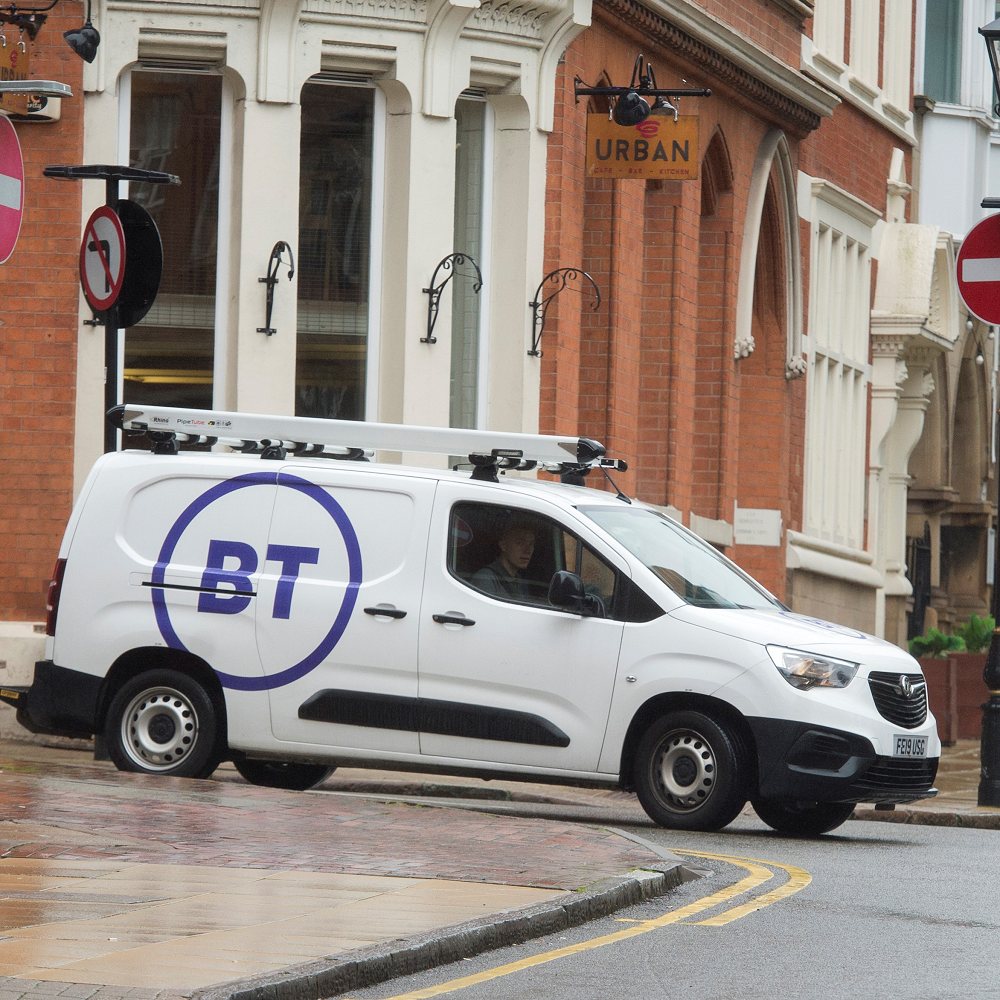
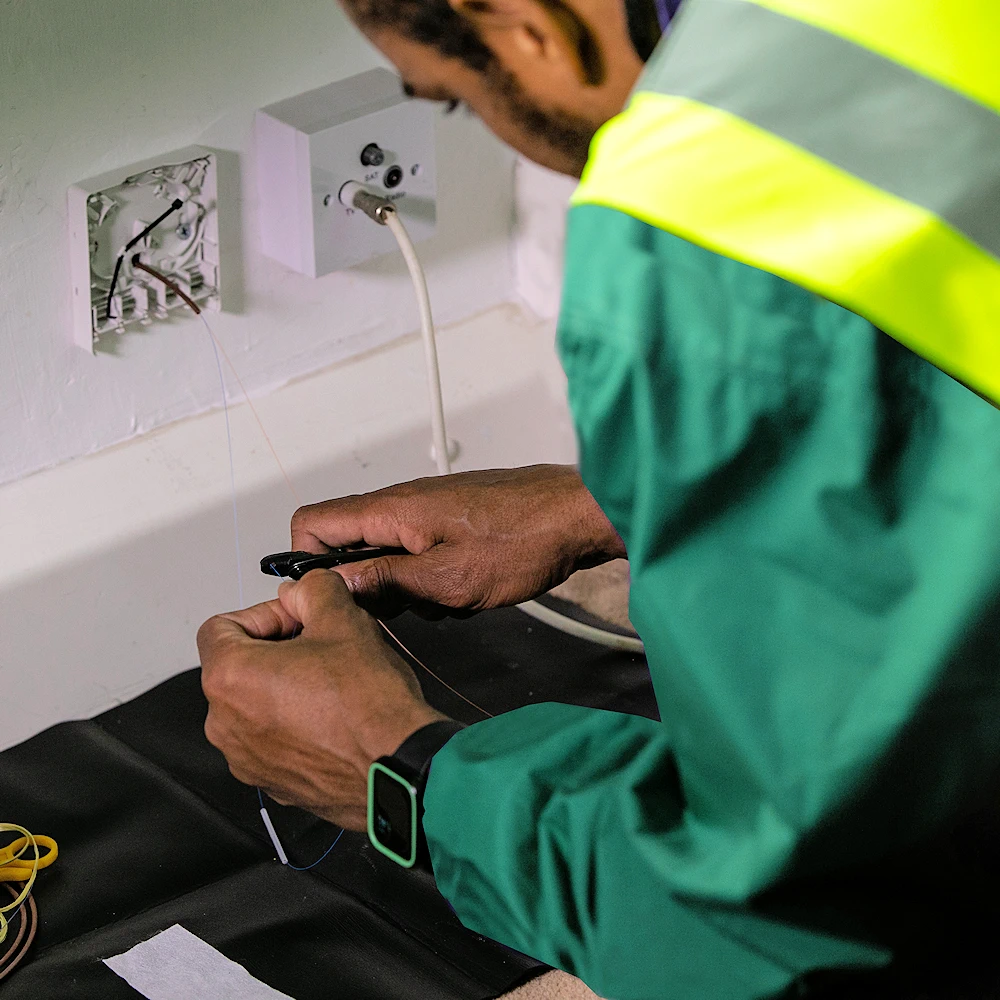


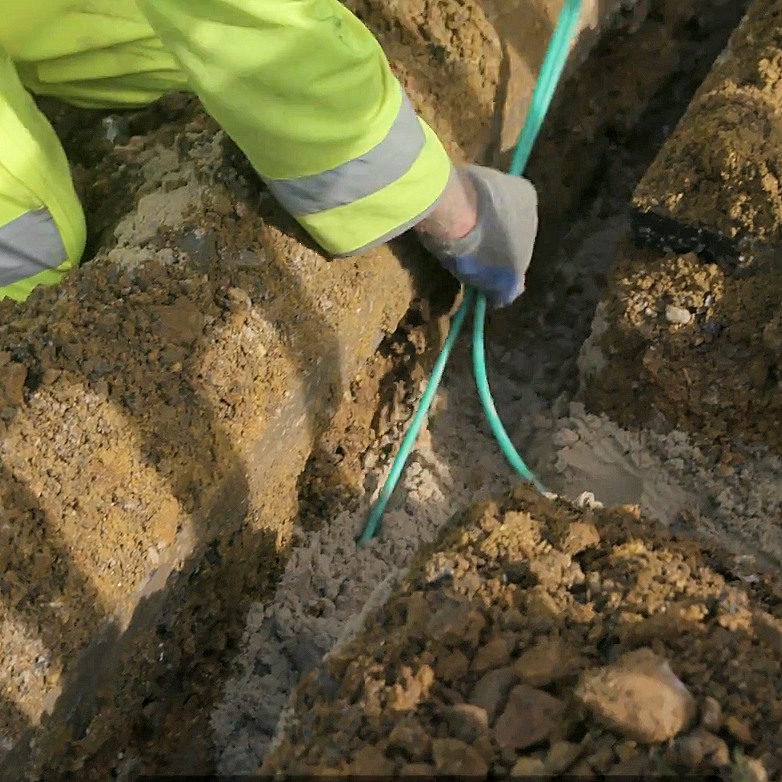











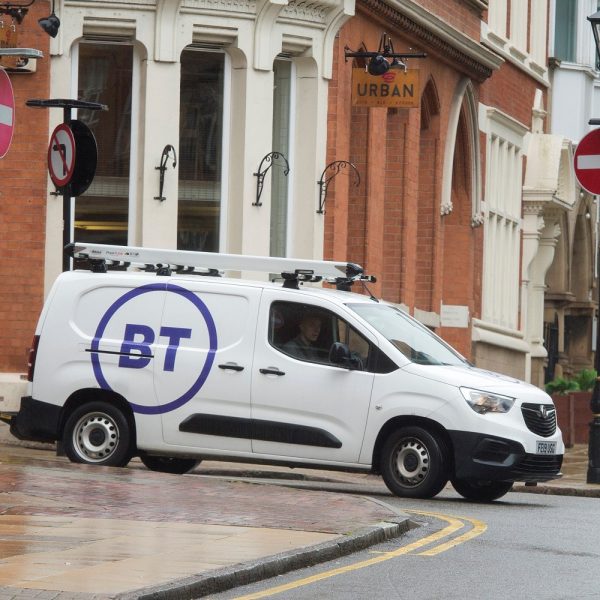
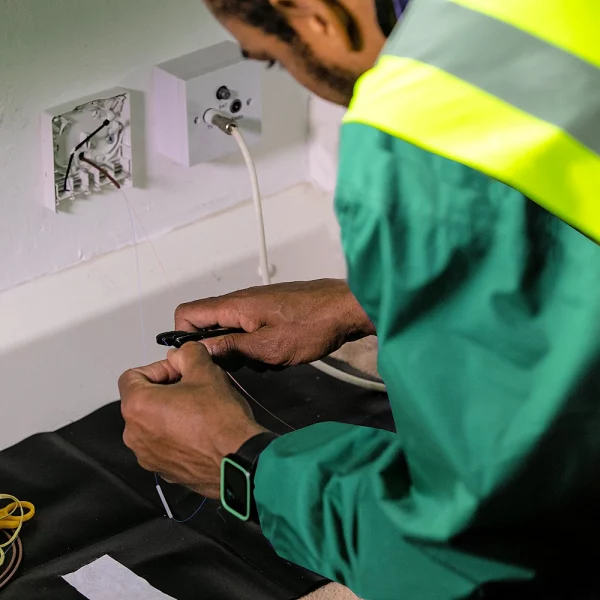

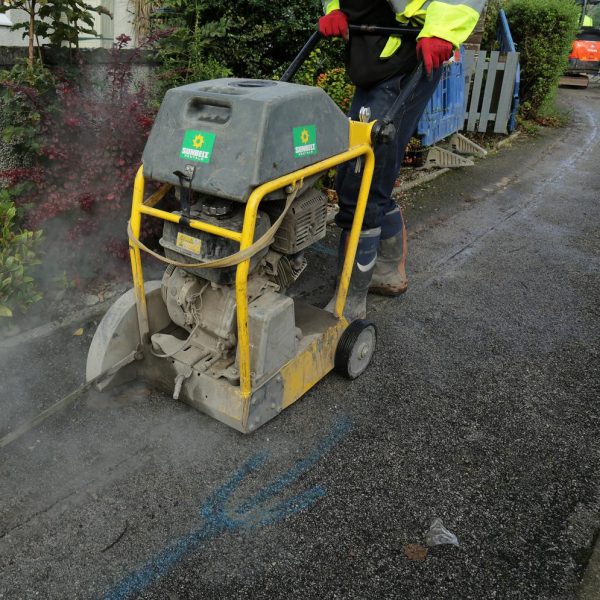
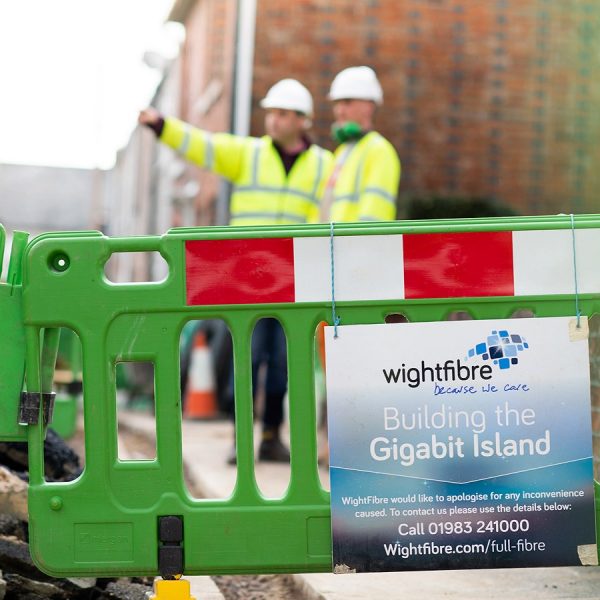































If most of these ISPs use the same network, mainly Openreach FTTP, then apart from maybe a couple of Megbits per second, they should be more or less the same on the same package.
Looking at the so-called minimum guaranteed speed of FTTp, I am not sure what to think
A cheap as chips ISP where most customers are Ad47uks happy with the lowest package is going to have lower numbers than an ISP for geeks where more take the fastest product they can get.
You may not know what to think because you don’t understand why anyone would consider anything other than price when choosing a connection.
I work for that ISP – and I can tell you that on the 900 service the MGS is 500Mbps. I’ve upgraded 9 people today alone from ADSL/FTTC to FTTP.
BT don’t make it easy. I saw 1 customer middle of nowhere with ADSL however 1000/220 was FTTPoD and not WBC so couldn’t help her 🙁 I have sent a query to BTO to check in case it’s a DB error – I only ever knew OD at 330/50
@Basically, even a cheap as chips ISP is not going to be much difference in speed if any than a more expensive one unless they are doing something to slow it down, or they become congested. A few years agao cheaper providers used to use traffic management to control traffic though their system, it would never work these days unless the provider was really cheap.
By the way, chips are not cheap these days.
Let’s take BT and Plusnet, both run by the same company, are you telling me that if I went to BT FTTp say their 500Mbps package against plusnets 500Mb/s that Bt is going to be faster? I doubt it very much, what you pay for is the extras for BT.
I get 36Mb/s on Plusnet FTTC, I doubt very much if I would get any faster if I went on any other providers lowest FTTC package.
I don’t understand why people pay a company like BT a stupid amount of the money for something they can get from another provider a lot cheaper, I can understand people wanting to pay more for a higher speed or better quality service.
I don’t understand why my sister-in-law is staying with BT for FTTP, where there is a far better service from an Alt network that is cheaper, she says it is because they have BT emails, but I thought BT was getting rid of them anyway.
You are right – it’s the same WBC product whoever you go with, gateways and shaping area thing of the past – and in the cases above it’s BT expensive or BT cheap – that’s the bottom line for now.
Not sure about BT but PN has a standard pricing from £27 a month up to £55 and does it in 36/74/145/300/500/900. Anyone can see this from their account if it’s available.
People will slowly realise that 900/900 is better for them than 900/115 but it’s each to their own. I enjoy informing people they have FTTP available and I do it for everyone who is on a copper service – of course the upgrades don’t do me harm either at the end of the month 🙂
@haha, we have a alternative network here as well as openreach fibre, the Alternative network is far better than Anything Openreach have, better tech, if I was going to change to fibre I would think about them,mbut I am not considering fibre as I have no need for it and I don’t want to go into a 24 month contract
Ad47uk I wrote about how different ISPs have customer bases taking different product mixes, nothing to do with the performance so I’m not sure why you wrote all that.
haha Plusnet don’t seem to have a 900 product available on the website or advertised strangely. It would be interesting if it is a thing. They also don’t use WBC they use WMBC, a different product. Both use gateways and can be subject to congestion on an individual gateway if an ISP doesn’t have the capacity purchased or has balancing problems.
BT Retail don’t use WBC or WMBC they use Broadband Complete.
Many people’s services use none of the above.
@haha: “People will slowly realise that 900/900 is better for them than 900/115”
Any ISP that offers both 900/900 and 900/115 will price 900/115 less, and that’s what most punters will go for.
They price them based on what it costs them to provide the service, Roger. I’m not aware of any company that charges less for asymmetrical Openreach FTTP than they do for symmetrical CityFibre.
They don’t offer customers the option either. They provision over CityFibre if they can with Openreach as the fallback where there’s no CF coverage. CF are a bit cheaper wholesale.
@XGS Is On: “They price them based on what it costs them to provide the service”
Pricing is set on a range of factors of which cost is but one, just look at how fuel prices at the pump drop like a feather when fuel costs collapse. Once fibre and GPON/XGS-PON become widespread I’m expecting a range of speeds at differing prices. If ISPs can, say, successfully promote symmetrical as a premium product then they will charge more compared with asymmetrical which the masses will continue to subscribe to.
I don’t even get a fraction of that speed here in Tylorstown, Ferndale, Rhondda Valleys! The past 4 years I’ve been fighting with BT and Openreach to fix an issue that is actually affecting more than 40 houses, but no one wants to fix a 1km stretch of Aluminium, so while a good chunk of users can only get 27Mbps flaky and resets every 10 days, the other users have got 80Mbps without the issues!
So besides not going to comment on the average speed, because it just opens up a can of worms, and I’ve given up with trying to get one of the companies to fix a known issue, unless someone knows the route I can take to finally get this sorted?
Hope you get it sorted soon David but Tylorstown is one of my favorite places in Wales. Maybe catch you on the airwaves at some point (just doing my license)
Unfortunately if you’re within the estimated range, and you probably will be at >1 km distance, you’ve no recourse.
Openreach aren’t going to rearrange the network to reduce your line length or replace the aluminium with copper.
Hopefully you’ll be early on in the Project Gigabit deployment.
Be quite funny if Three fully take over EE for “fastest” speeds. Kick them off the throne after all these years! they’re getting a bit too cocky and asking far too much for what they offer, concidering the cack call quality!
EE call quality has always been amazing for me, with both personal and work-issued phones on it. Virgin Mobile, on the other hand, sounds horrific unless the other person is also on Virgin Mobile!
I use smarty for mobile, which is owned by Three and to be honest I have no complaints about it, my only worry is if they merge with Vodafone.
I only have 4g, but it is fine for what I use it for
I don’t think EE call quality has ever been good, even with HD Calling it’s still quite often a garbled mess. EE to EE with EVS is the only decent thing they offer. I use smarty too, as Three has arguably the best call quality to the most networks.
Literally zero providers available in Brighton tho.. desperate to escape virgin and it’s robbing prices for slow speeds.. hopefully one day alt nets come to Brighton.. but seeming unlikely even for the city centre
Cityfibre are already building in Brighton and Hove, so you shouldn’t have long to wait.
https://cityfibre.com/about-us/rollout
https://www.ispreview.co.uk/index.php/2021/02/cityfibre-start-80m-fttp-broadband-rollout-in-brighton-and-hove.html
TB Mapping suggests otherwise
https://labs.thinkbroadband.com/local/index.php?tab=2&election=1#13/50.8401/-0.1139/geafttp/hyperoptic/gigafast/